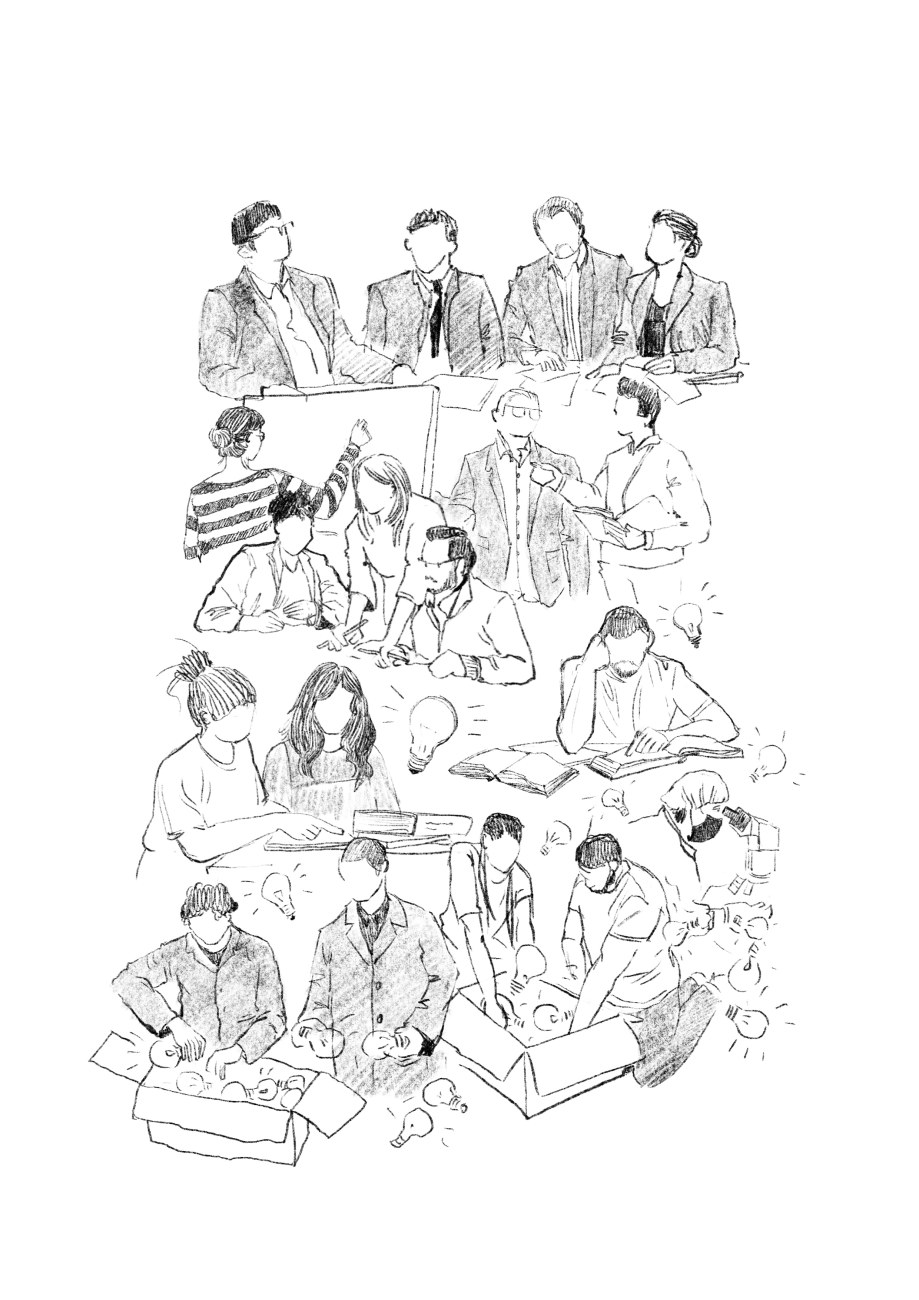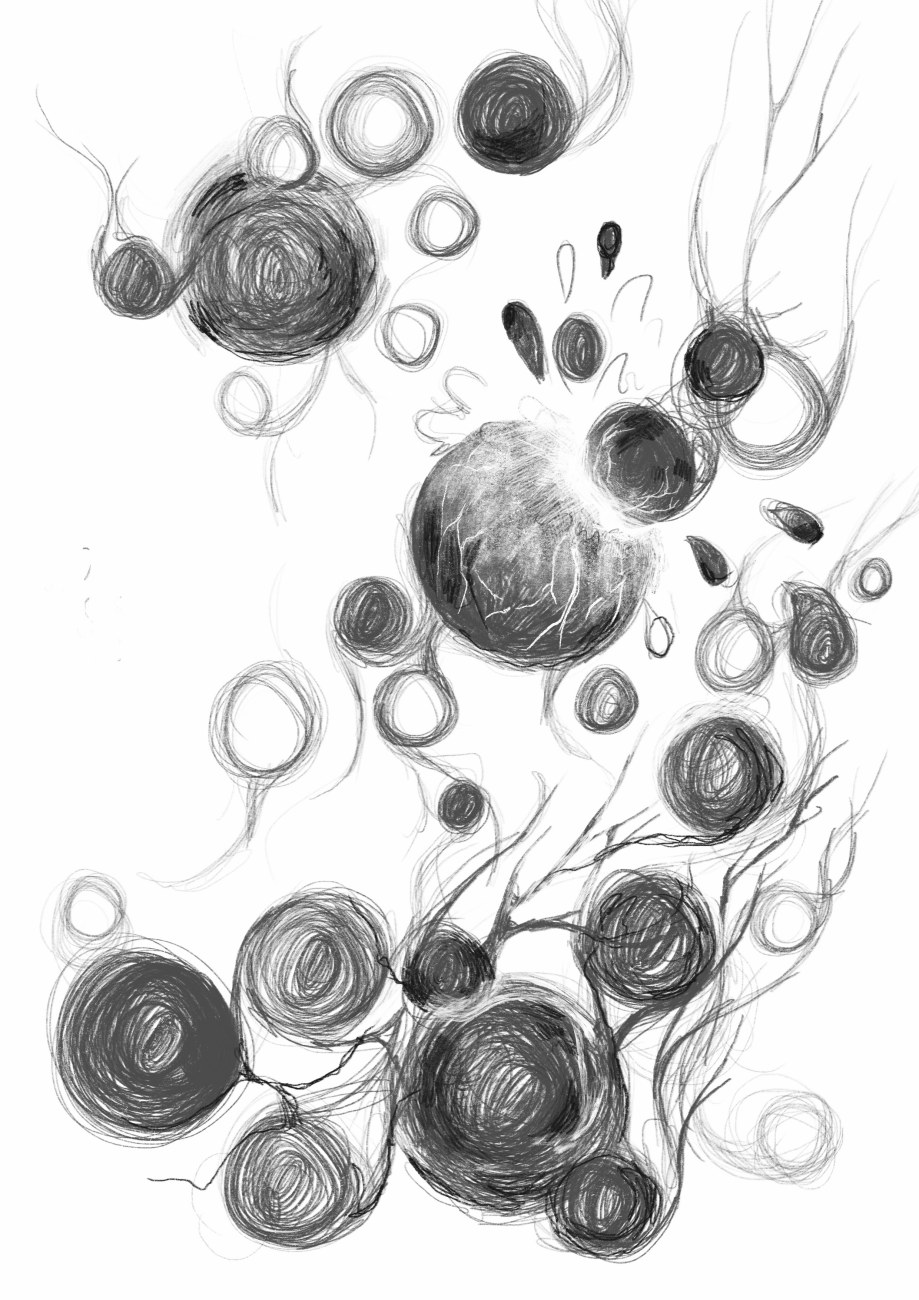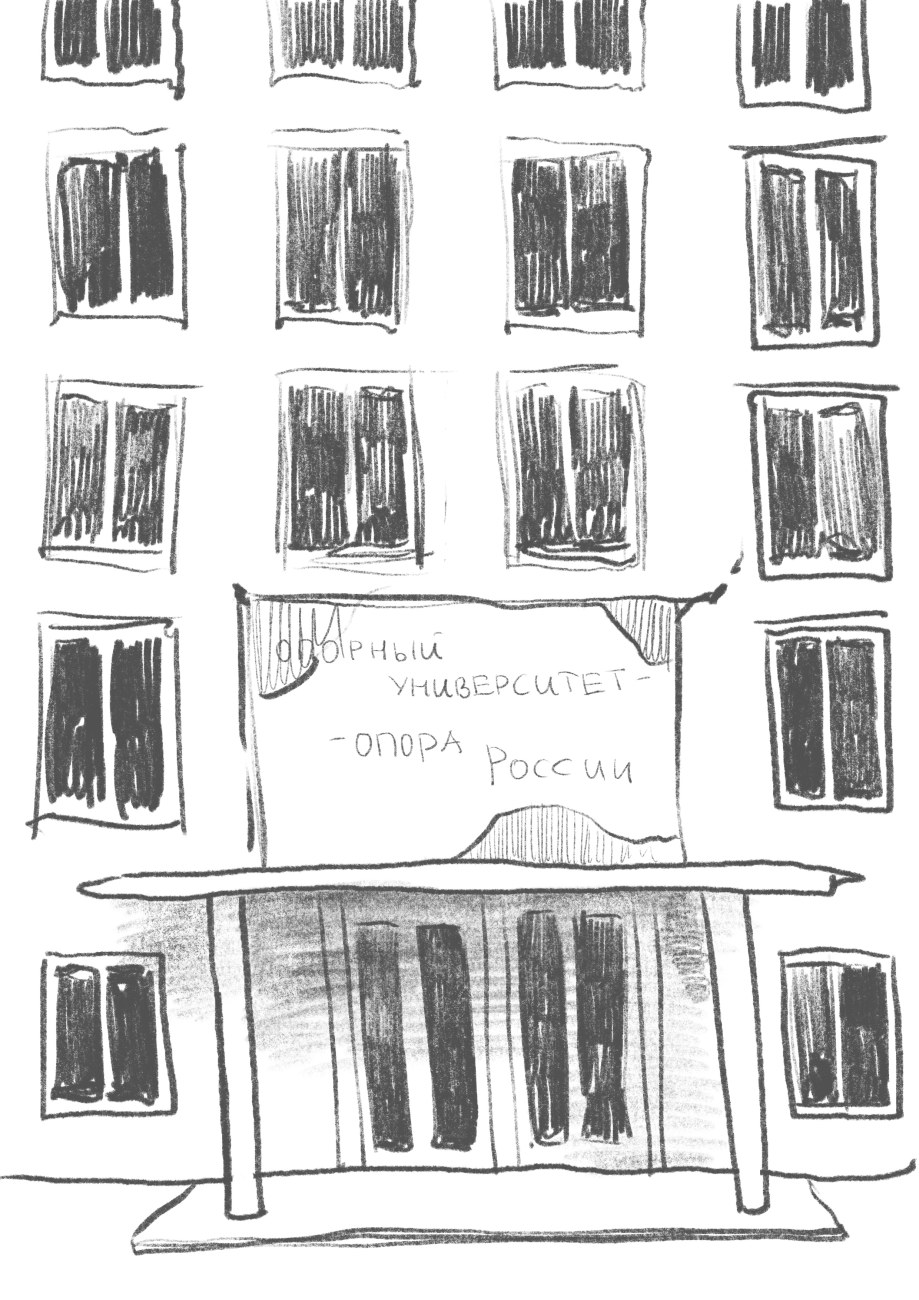This project is an ethnographic investigation into the neoliberalisation of and in Russian universities. The neoliberalisation of academia, i.e., subjecting university activities to the ideas of market efficiency, has permeated academic discussions, with contributions from different contexts and areas of academic life. However, most of the research on neoliberalisation uses epistemological points of departure of the Global North in its theorisation. This project, instead, theorises the workings and shapes of neoliberalisation from another epistemological standpoint, taking into account its connection to other projects of power that universities become a part of, in particular the statist projects of the Russian authoritarian neo-imperial regime.
 Photo: Natalia Batrakova
Photo: Natalia BatrakovaThe project invoked the concept of assemblages in order to analyze the connections between seemingly incompatible elements of authoritarian governance and neoliberal reforms. Assemblage theorizing enables the project to analyse neoliberalisation – along with authoritarianism – beyond the binary of the global and the local and to show how it produces recontextualized compositions in Russian universities. The focus of this study is on authoritarian-neoliberal assemblages and their compositions, decompositions, and recompositions: these are thought of as projects of power that are always in motion, yet may be temporally stabilised and entangle seemingly paradoxical elements in order to mutate and survive. Neoliberal policies traditionally associated with the idea of free markets, deregulated competition, and privatisation in Russian universities became attached to authoritarian governance, massive state control, and neo-imperial imaginaries of Russia’s greatness and uniqueness.
 Photo: Natalia Batrakova
Photo: Natalia BatrakovaThe research deals with a variety of areas of academic life under authoritarian-neoliberal governance. The research showed how Russian universities are assigned different statuses as a state project to manage global international academic competition in search of “Russian” greatness and success. Moreover, the Bologna Process is analysed as a neoliberal Eurocentric project, demonstrating the frictions it produced with the Russian search for sovereignty. The project further delved into the topic of academic labor: university neoliberal policies imposed by the Russian state are often aimed at ensuring academic performance, cost-efficiency, and often (when entangled with authoritarian politics) political loyalty. Finally, the project analysed alternative academic projects – the life in the ruins of an authoritarian-neoliberal university.
 Photo: Natalia Batrakova
Photo: Natalia BatrakovaBy providing a rich ethnographic investigation of universities under neoliberalisation in an authoritarian state, the project's findings, at the same time, go beyond the higher education domain and examine broader politico-economic issues in Russia as well as globally. In particular, by seeing “Russia” and “Russian universities” as sites where global neoliberalism and global authoritarianism entangle as an oppressive and dispossessive politico-economic regime of governance, this project prompts theoretical conclusions for authoritarian-neoliberal modes of governance beyond necessarily the Russian state. The main contribution of the project is the analysis of the politics of oppression and dispossession that both authoritarianism and neoliberalism generate in their contamination and, at the same time, of the possible ways for more hopeful politico-economic reorderings
Funding source
"Towards Good Neighbourliness with Higher Education Cooperation” (EDUneighbours) by Kone Foundation (201608897); “Assembling Postcapitalist International Political Economy” (POSTCAPE) by the Academy of Finland (3121325976); and “Assembling a postsocialist university: The politics of higher education in Russia” by the Kone Foundation (202105839).
People
Iuliia Gataulina
Grant Holder, Post Doc Research Iuliia Gataulina
Iuliia GataulinaPartners
Artist Natalia Batrakova
